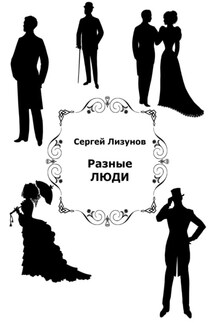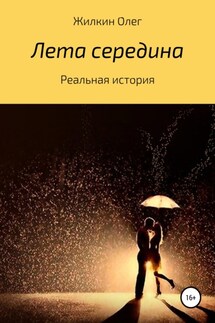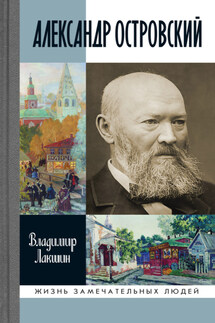Bleak House - страница 55
Rosa draws nearer to the housekeeper.
'I hear the rain-drip on the stones,' replies the young man, 'and I hear a curious echo – I suppose an echo – which is very like a halting step.'
The housekeeper gravely nods and continues:
'Partly on account of this division between them, and partly on other accounts, Sir Morbury and his Lady led a troubled life. She was a lady of a haughty temper. They were not well suited to each other in age or character, and they had no children to moderate between them. After her favourite brother, a young gentleman, was killed in the civil wars (by Sir Morbury's near kinsman), her feeling was so violent that she hated the race into which she had married. When the Dedlocks were about to ride out from Chesney Wold in the King's cause, she is supposed to have more than once stolen down into the stables in the dead of night, and lamed their horses: and the story is, that once, at such an hour, her husband saw her gliding down the stairs and followed her into the stall where his own favourite horse stood. There he seized her by the wrist; and in a struggle or in a fall, or through the horse being frightened and lashing out, she was lamed in the hip, and from that hour began to pine away.'
The housekeeper has dropped her voice to a little more than a whisper.
'She had been a lady of a handsome figure and a noble carriage. She never complained of the change; she never spoke to any one of being crippled, or of being in pain; but, day by day, she tried to walk upon the terrace; and with the help of the stone balustrade, went up and down, up and down, up and down, in sun and shadow, with greater difficulty every day. At last, one afternoon, her husband (to whom she had never, on any persuasion, opened her lips since that night), standing at the great south window, saw her drop upon the pavement. He hastened down to raise her, but she repulsed him as he bent over her, and looking at him fixedly and coldly, said "I will die here where I have walked. And I will walk here, though I am in my grave. I will walk here, until the pride of this house is humbled. And when calamity, or when disgrace is coming to it, let the Dedlocks listen for my step!" '
Watt looks at Rosa. Rosa in the deepening gloom looks down upon the ground, half frightened and half shy.
'There and then she died. And from those days,' says Mrs. Rouncewell, 'the name has come down – The Ghost's Walk. If the tread is an echo, it is an echo that is only heard after dark, and is often unheard for a long while together. But it comes back, from time to time; and so sure as there is sickness or death in the family, it will be heard then.'
'—And disgrace, grandmother—' says Watt.
'Disgrace never comes to Chesney Wold,' returns the housekeeper.
Her grandson apologises, with 'True. True.'
'That is the story. Whatever the sound is, it is a worrying sound,' says Mrs. Rouncewell, getting up from her chair, 'and what is to be noticed in it, is, that it






